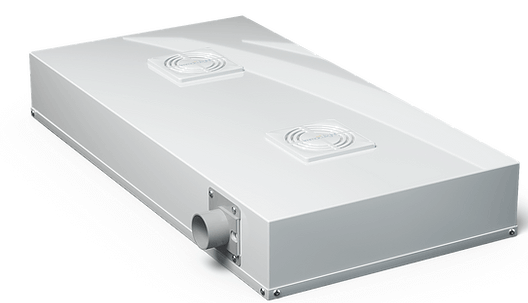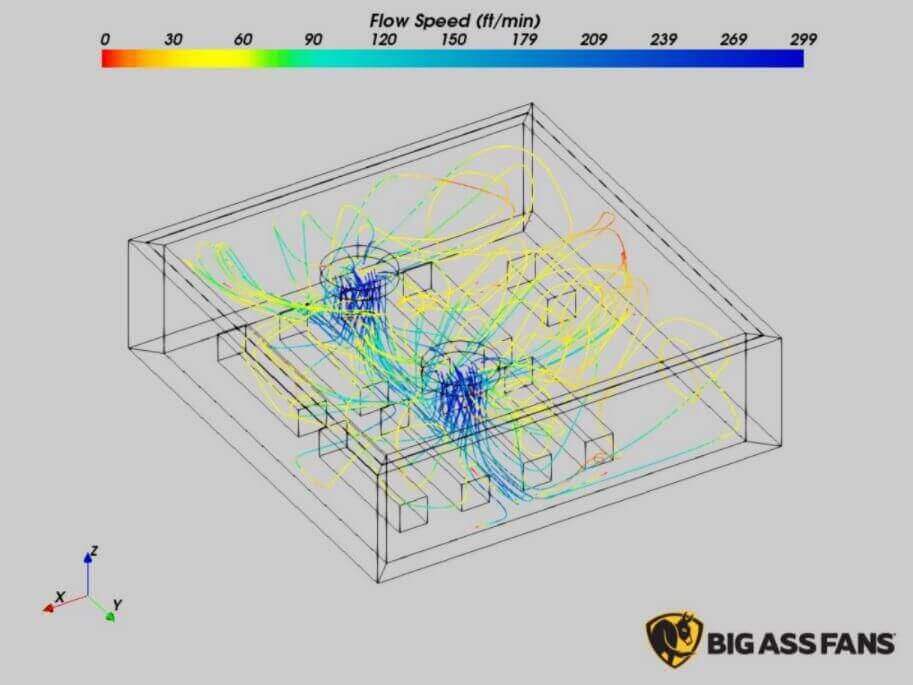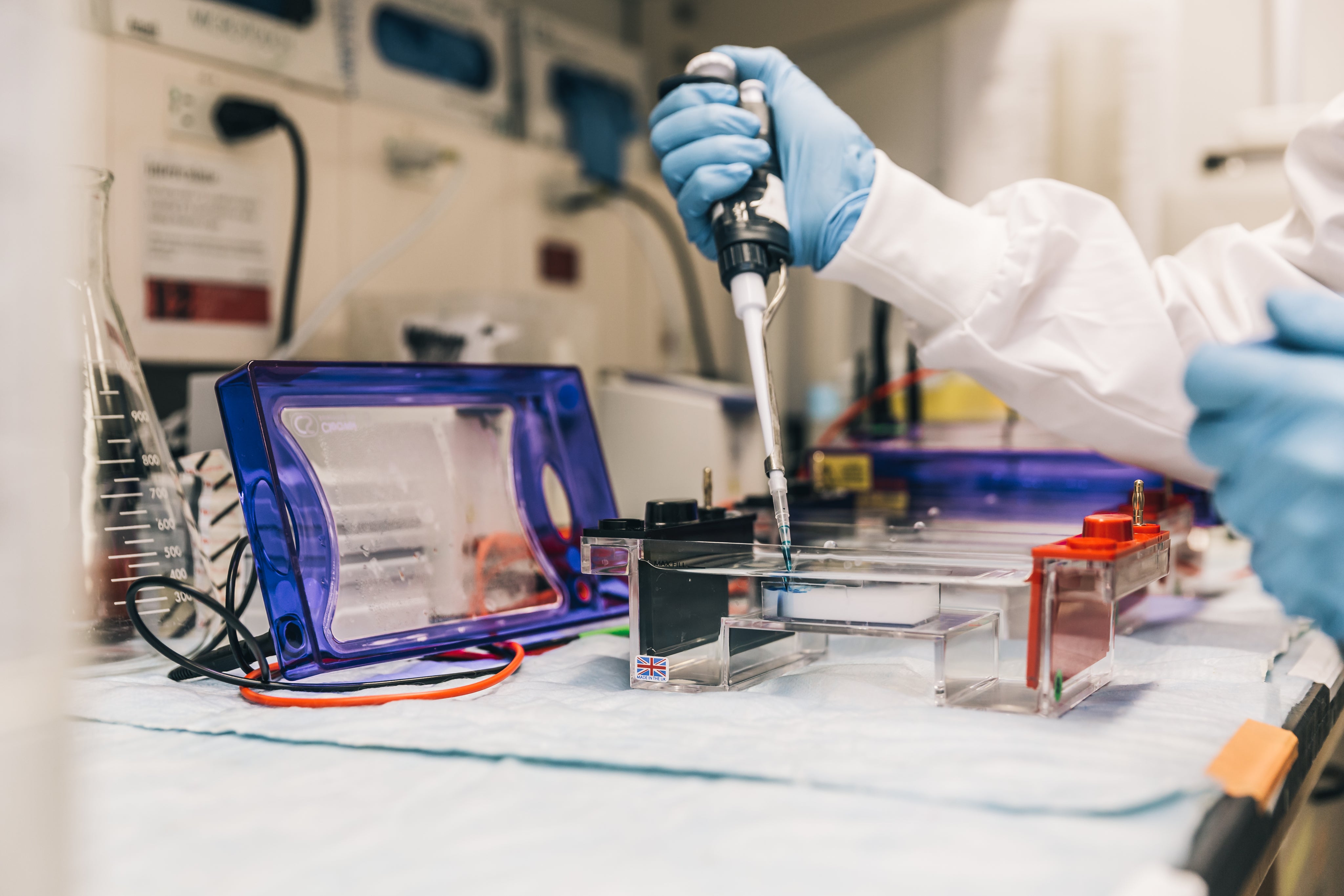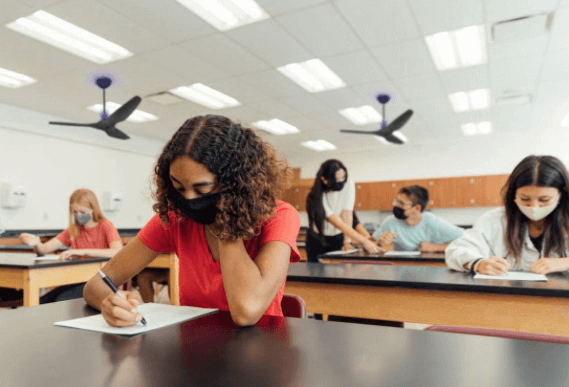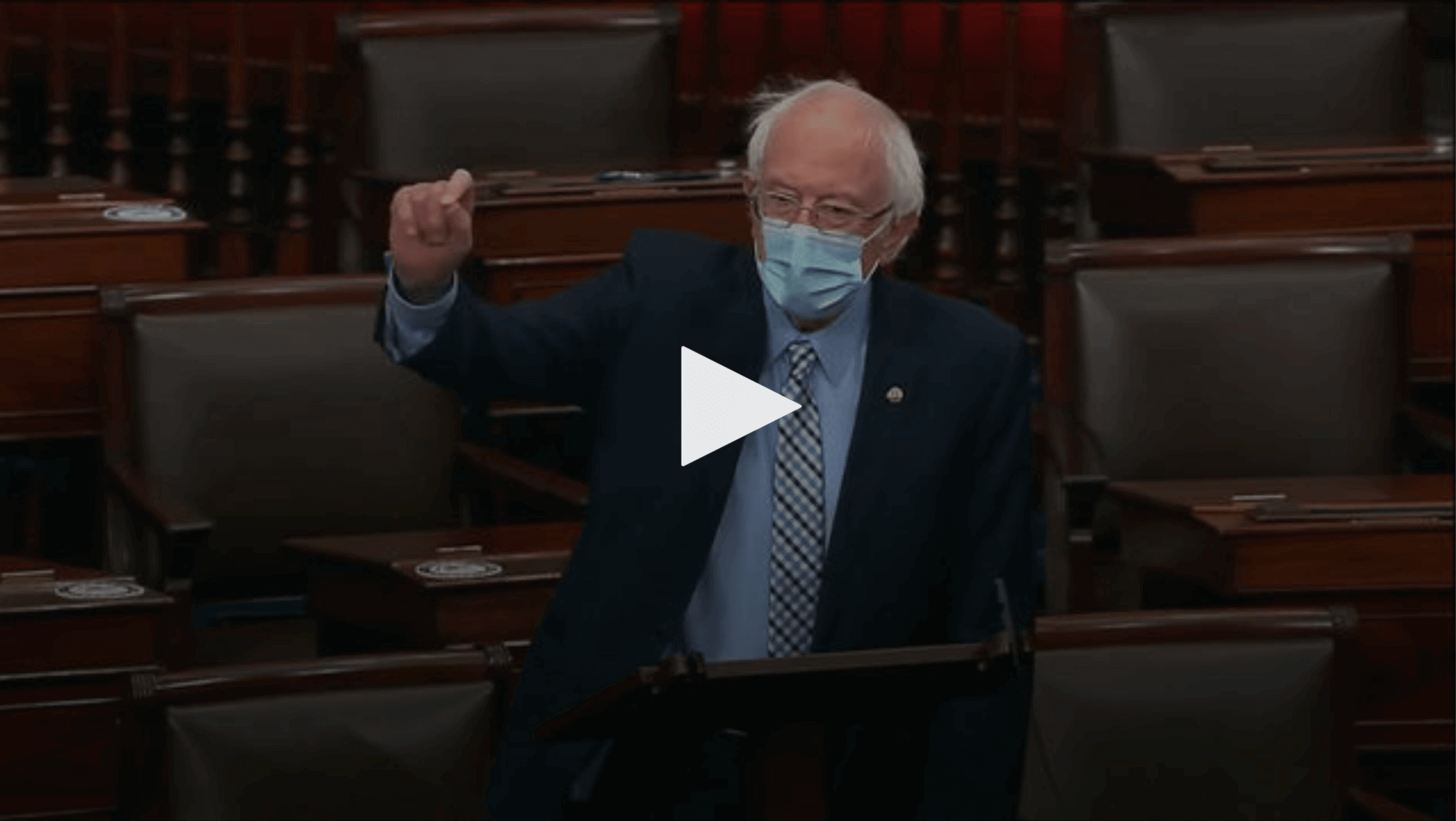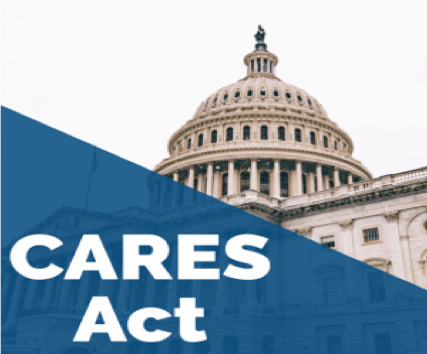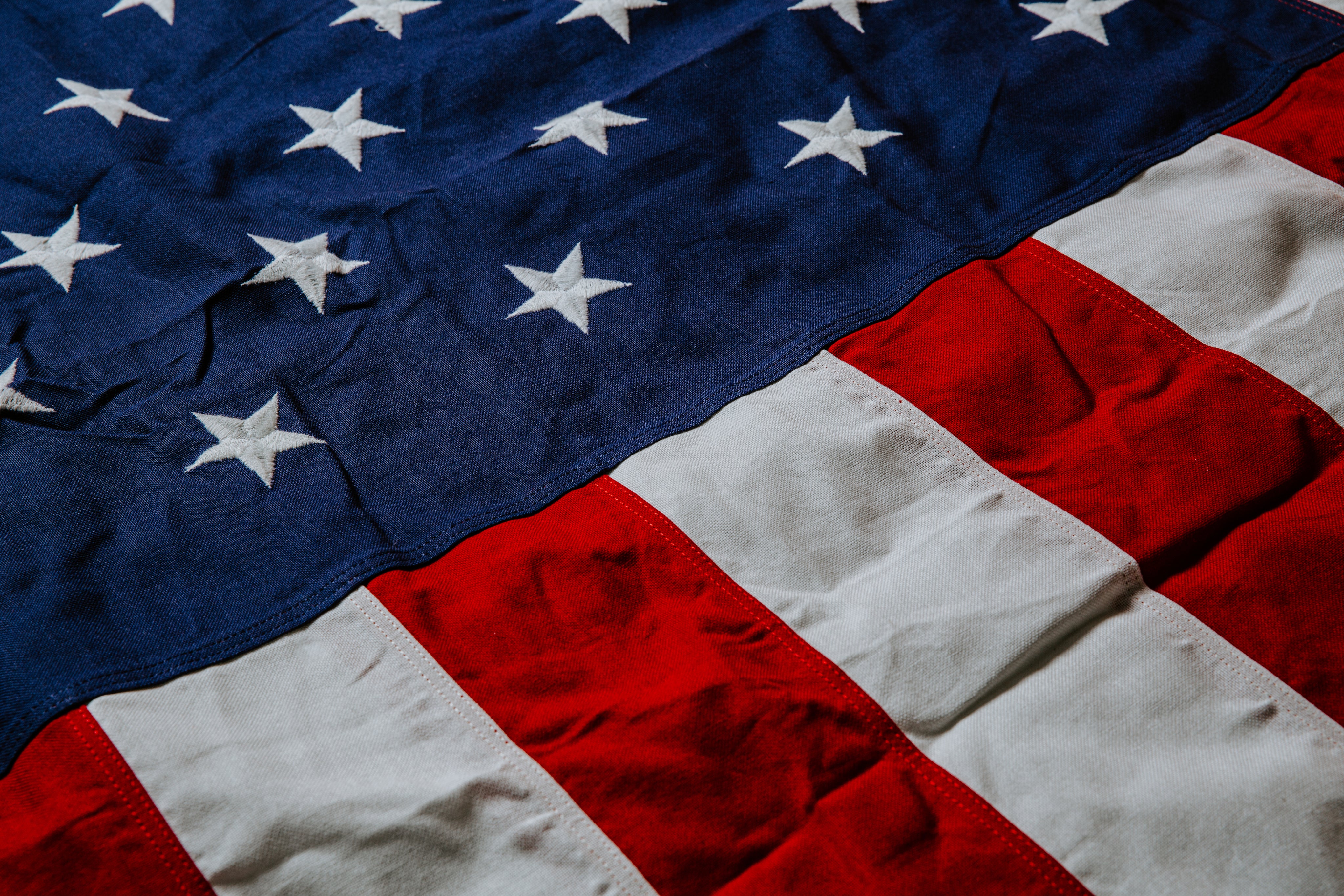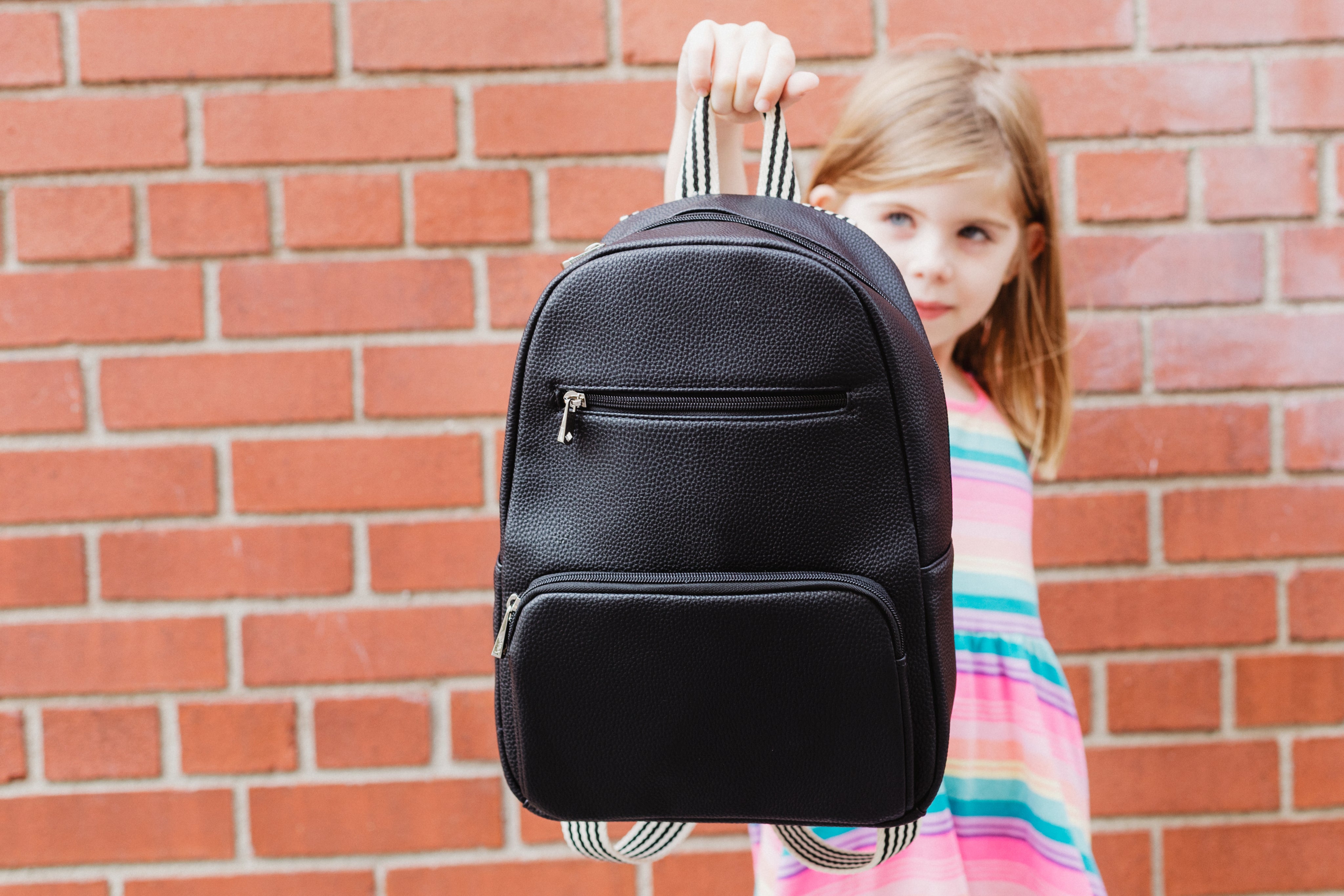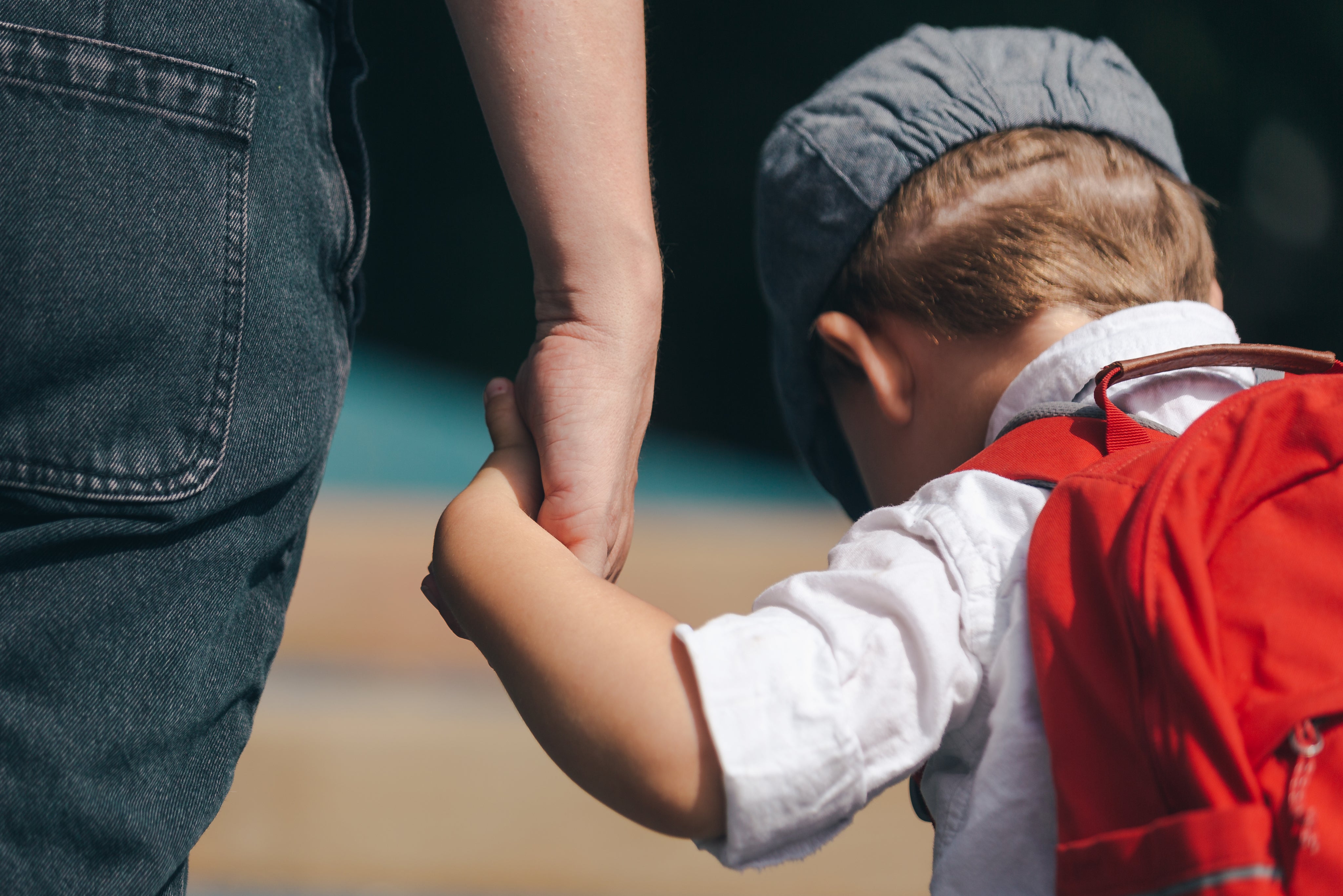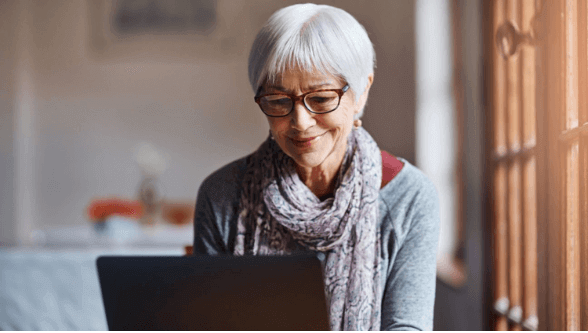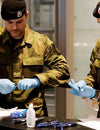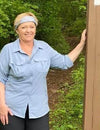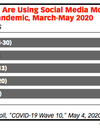
- Source
- People who have recovered from COVID-19 are sharing their unusual experiences online.
- Because so many people with an infection are asymptomatic, it can disrupt the feeling of being safe.
- More people are reporting experiencing symptoms of depression and anxiety now than this time last year, or even 6 months ago. That can be from having COVID-19, being exposed to the virus, or simply living through a pandemic.
There are support groups for just about every physical or mental health condition, and COVID-19 is now on the list.
A variety of coronavirus support groups have emerged as a way to help those who have had, or been affected by, the virus.
Jessica Stapleton began looking for a COVID-19 support group soon after she came down with symptoms. She joined a group on Facebook in March; there were about 800 members.
“I had scoured the internet looking for stories of COVID sufferers to see if what I was experiencing was typical. There was nothing in March,” Stapleton, an Indiana resident, told Healthline. “When I found the page I also found people just like me: scared, sick, and needing support.”
The group has grown to more than 18,000 members.
Facebook isn’t the only place to find support. James Chok, PhD, a clinical neuropsychologist from Pennsylvania, began a free video conference support group during March.
“I wanted this group to be a predictable thing in people’s lives, something they could count on each week,” Chok told Healthline.
Because so many people with an infection with the new coronavirus are asymptomatic, it can disrupt the feeling of being safe. That’s particularly difficult with people who have obsessive-compulsive disorder, he says.
Several people attend each week via video, which is the perfect way to connect — especially when many people experience anxiety about leaving home.
Moderating the group has shown Chok how many people are having difficulty coping, and how isolating the virus has made life.
“The gratitude members have had also been a refreshing surprise,” he said. “People are thankful to have a place to gather (even if virtually) and are thankful to each other for sharing their experiences. It has helped people not feel so alone.”
Seeking answers
The Facebook group was just what Stapleton needed, because she struggled with symptoms, getting a diagnosis, and receiving treatment as well as isolating away from her family.
“I was surprised that I had come down with a cold when I had been so careful to wash my hands and take all the recommended precautions. It wasn’t a cold. The symptoms continually got worse,” Stapleton said.
She experienced everything from gastrointestinal ailments to rash and hallucinations. She never developed a fever.
“It was difficult to concentrate enough to even follow conversations. I would forget simple words and forget what I was even talking about for weeks,” she recalled. “The symptoms would come in waves, convincing me that I was getting better and then I was not.”
Almost a month later, she began wheezing and got a cough. “My chest felt like an elephant was sitting on it,” she said. The burning and numb feeling still exists. She also experienced loss of taste and smell, but only of some things and not others.
She did go to the emergency room but was discharged because her oxygen levels were within a normal range and she could walk. She saw doctors online, and it took weeks to get an appointment with a pulmonologist.
“I felt like I couldn’t breathe for 2 months,” she added. “I still have issues catching my breath.”
The group also offers support for those with lingering symptoms like Stapleton is experiencing.
Support at last
Luckily, the Facebook group helped Stapleton navigate life as a COVID-19 patient.
Jay Sinrod founded the group after family members experienced COVID-19 symptoms. The New York resident soon assembled a team of administrators to manage participants and content.
Stapleton, one of the administrators, says the response of the group has been great, and it’s restored her faith in humanity. When people realize they’re not alone, it provides support and peace of mind that’s “definitely an amazing thing to see.”
“We were all flying blind and isolated and unheard, but then we found each other,” Stapleton said. “I think the ones that are freshly sick have comfort knowing that so, so many of us have lived through it and can offer support.”
Teri Brister, PhD, LPC, national director of research and quality assurance at the National Alliance on Mental Illness, said support groups give people encouragement as well as valuable insights not available from healthcare providers.
“With the scope and reach that COVID-19 is having on our society, it is only logical that support groups would be seen as a valuable resource for people who have experienced its effects firsthand,” Brister told Healthline.
More people are reporting experiencing symptoms of depression and anxiety now than this time last year, or even 6 months ago. That can be from having COVID-19, being exposed to the virus, or simply living through a pandemic.
“The experience of a mass trauma… learning to navigate an environment with uncontrolled exposure to an airborne pathogen with no known vaccine or cure is stress-inducing,” Brister said.
Stapleton and Sinrod’s group is private, as many people don’t want friends and family to see their medical information. That’s why the group of administrators works so hard to screen members upon joining.
“This is really the safest place on social media without all the negativity,” Stapleton said. “The worst thing about this time in history is all the people with their theories, their lack of compassion, and their total disregard for others.”
“It is really, really hard to see this when you are suffering. We try to keep that out of the group,” she added.


